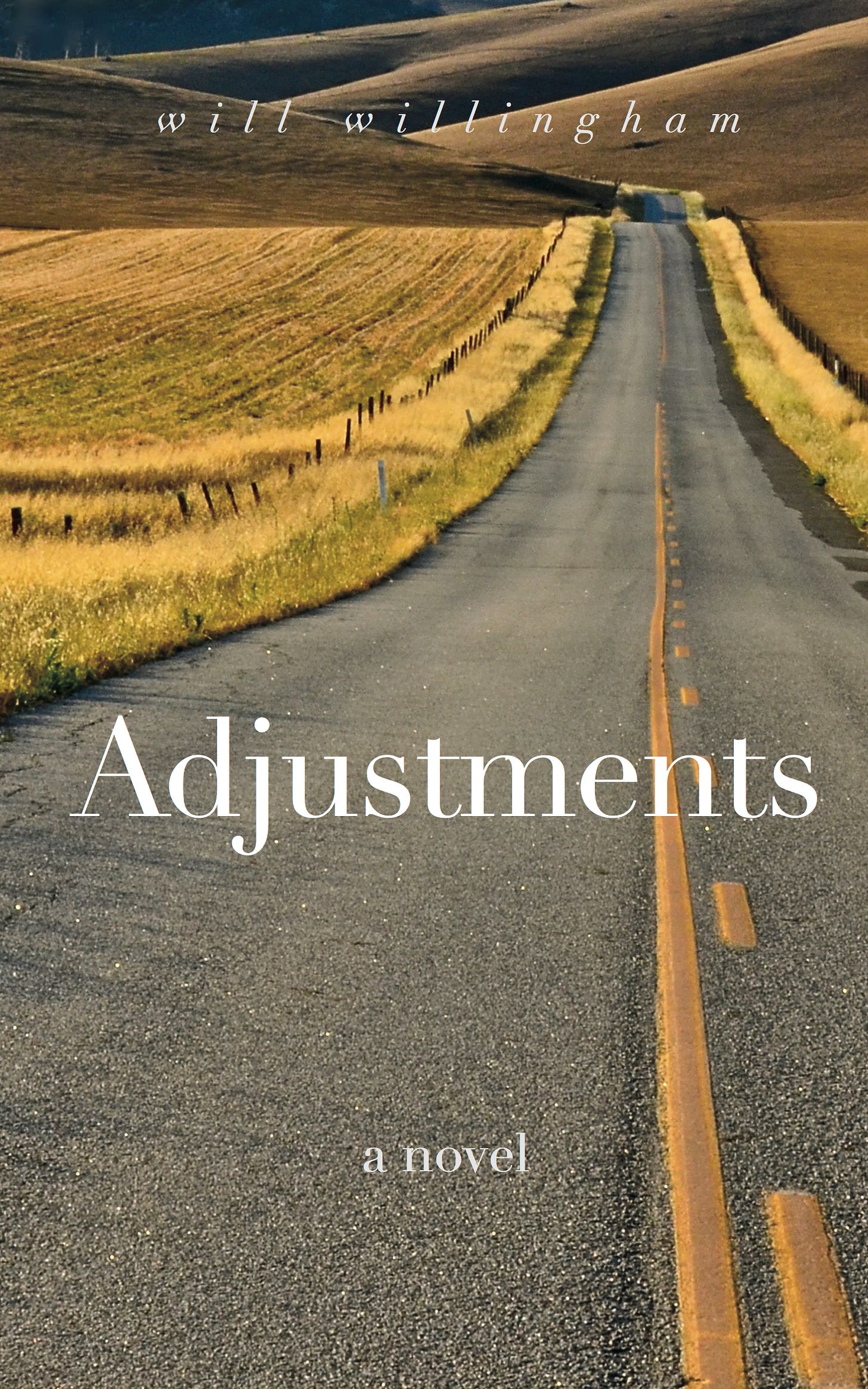We’re sharing a book club that was once hosted by now-author Will Willingham.
A few things have changed in Will’s life since he first led us in
reading Ordinary Genius. But poetry is not one of them…
If I remember right (and it’s very possible I don’t), I learned to read before I started school, mostly by listening to stories on LP records. The kids call them “vinyls” now, as though to pretend they’re doing something other than practicing the old ways.
I’d slip the black etched disk out of a dark green paper jacket and set it on the turntable. Lying on the cool linoleum floor of my basement, I’d listen to a scratchy voice narrate one of a dozen or so fairy tales while I followed the words with my finger and turned the pages of a tattered picture book. On a good day, the needle wouldn’t get stuck in one of the scarier parts where a creepy old woman shoved unsuspecting children into her oven, repeating her maniacal laugh until lunch time while I sought cover under the hide-a-bed.
Knowing these stories was helpful when we visited my grandparents, who lived near Chicago. Grandpa and Grandpa Willingham’s house was a quiet one. Children would not be found running or shouting or throwing things, though we might be seated at their dining room table learning to knit. Now, I may have been an early reader, but I was no early knitter. Rather than a pleasant diversion, such activities were the sort that would have me seeking a corner small enough to hide my tears and the shame of my incompetence.
But they also gave me the advantage over my older siblings, who were still knitting at the table. I could snag the best book in Grandma’s set of Wonderful World of Disney books before them. The four-volume set — the lone child-oriented item I recall from my grandparents’ home — included a book of fairy tales that often brought us kids to fisticuffs. The loser of the hair-pulling squabble would be forced to read the boring wildlife collection instead.
Within that single volume I had my favorites. I passed right over Snow White and Cinderella. (The princess business gave me hives.) I read 101 Dalmations over and over, chewing my nails the whole way through. (Tall women with cigarettes-on-a-stick and big black and white striped hair still scare me.) Jungle Book made me laugh. And then there was The Sorcerer’s Apprentice. Mickey Mouse’s exploits as a magician wannabe, adapted from the whimsical scene in Fantasia with dancing brooms and water pails set on world domination, sucked me in every single time.
Reading the story gave me a belly ache, but I loved Mickey Mouse more than all the other Disney characters. He was the only one that really seemed, well, normal to me. So the story always hooked me even while I begged myself not to turn the page. I knew the brooms would take over. I knew the castle would flood at the hands of waltzing water pails. I knew never to trust a shooting star.
Worst of all, I knew Mickey would get in trouble. But I couldn’t help myself, maybe a little like Mickey himself. When it came to it, I turned page after page, worrying my way through his shenanigans and inevitable punishment.
Kim Addonizio tells us in this week’s reading from Ordinary Genius that fairy tales serve an important purpose in our development. They provide children an opportunity to confront their fears in a manageable framework.
Terrible things happen in fairy tales. Even in the watered-down Disney versions, stepmothers try to poison their stepdaughters, children are lost in the woods and captured to be eaten, young women are imprisoned in towers. These stories have fascinated adults as well as children because of their symbolism, their portrayal of men and women, morality and ethics. They’re rich with human drama.
She continues by saying that “any story you have to tell has been told before.” Our stories, in many ways mirroring the basic themes of ancient stories, become more interesting when “you make them yours, using the details of your life or your imagination or both.”
In one of the many prompts, Addonizio suggests writing a poem that is based on a myth or fairy tale, focusing on the story’s main character at the moment of making a decision. Of course, I knew that Mickey and I would be having a little talk.
Fantasia
Come on, Mick. Don’t tell me
you didn’t see it coming.
You had to know.
Nothing good ever comes
of brooms that sprout up legs.
You had to know
how they’d reproduce,
how they’d organize, mutinize.
You never saw them
in your sleep, did you–
flooding the stone floor
while your navy blue hat
floated away?
They marched in time
in my sleep, Mickey.
Night after night
after night.
Why’d you do it?
I tried to stop you.
Your orchestra was too loud,
you never heard me shouting
from the navy blue couch
in Grandma Edna’s living room
where my feet didn’t reach the floor.
“Don’t do it! Just sweep the floors!
You’re gonna get in trouble!”
You could’ve saved me
if only you would listen,
you damned fool mouse.
~
Now it’s your turn. Compose your own poem based on a favorite myth or fairy tale. Share it in the comments. We’d love to read!
Adjustments: A Novel by Will Willingham
Photo by Ms. Uppy, Creative Commons, via Unsplash. Post by Will Willingham.








It is a wonderful poem expressing the creative power of the poet and producing meaningful verses that provoke thought and enlighten minds. Dr Nazir Ahmad - Poetry Evokes